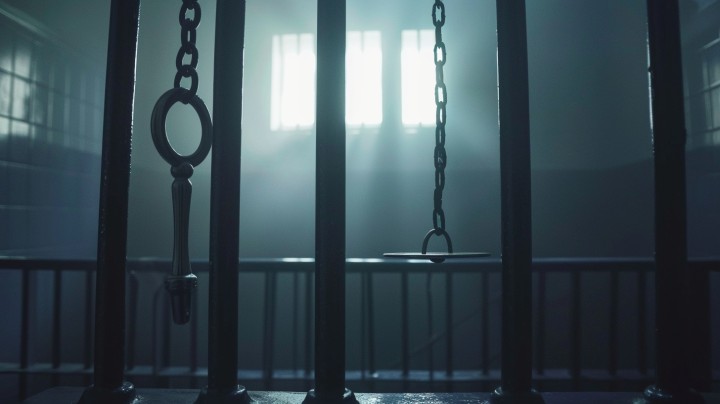The court process can be very confusing, especially if you don’t know much about the legal system. If you or a loved one has been arrested recently, Delta Bail Bonds is here to help explain the process and help you get a better understanding of the steps that need to be taken. The first step in the court process is an arraignment. It is the defendant’s first appearance in court. No matter if you are being convicted of a misdemeanor or a felony, you will attend an arraignment.
When Does An Arraignment Occur in Texas?
If you are currently in jail, the arraignment usually occurs within a 48 and 72-hour timeframe. However, if you were bailed out right away (if there is a bail schedule posted at the jail) or if a citation was issued, then the arraignment date typically occurs several weeks later.
The arraignment must happen at a reasonable time, or else it violates the Sixth Amendment– the right to a speedy trial.
What Happens At An Arraignment?
At an arraignment, the defendant is formally advised of the criminal charges against them. You may be asked to enter a plea to the charges, as well as informed if you qualify for bail (if it wasn’t figured out with the bail schedule). Additionally, you will discuss your constitutional rights, such as the right to counsel, and schedule future hearings.
Entering a Plea
After the court has told you what you are being charged with, you can either plead guilty or not guilty. Most defendants plead not guilty and therefore are given a trial. From there, the defendant hires an attorney or is assigned a public defender that will fight to win their case at trial. There are a few cases where the defendant pleads guilty at the arraignment.
A not guilty plea simply means that the defendant is going to make the state prove the case against them. They must gather enough evidence to prove the defendant guilty. The defendant is allowed to plead guilty later on.
When you plead guilty at the arraignment, you may receive your sentence right then and there. Some defendants plead guilty to very minor crimes at arraignment, such as disorderly conduct.
Qualifying for Bail
The judge at the arraignment will let you know if you qualify for bail. There are many factors that determine your ability to qualify, such as your flight risk, the severity of the crime, and your past criminal record.
If you have ties to the community, such as a family, a job, or school, then you are less likely to flee if out on bail. If you have committed a misdemeanor or minor offense, you are more likely to qualify for bail than if you committed a felony. And if you haven’t committed crimes in the past or have a history of failing to appear in court, you are more likely to get bail.
Get Your Bail Bond With Us
If the judge has granted you bail at your arraignment, get in touch with Delta Bail Bonds right away. Our bondsmen will grant you a speedy release with one of our bail bonds. All you need to do is pay a small percentage of the bail amount and we will cover the rest! Give us a call today to get started.






